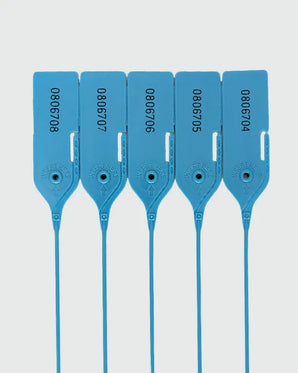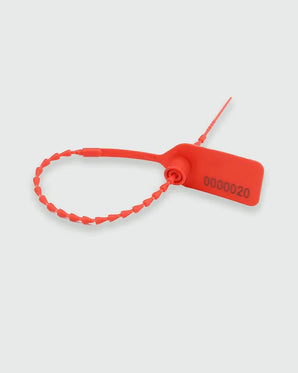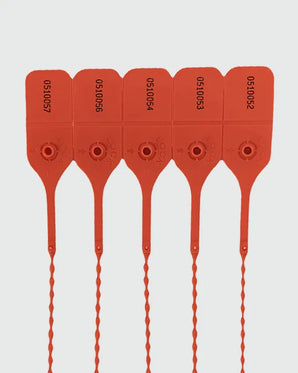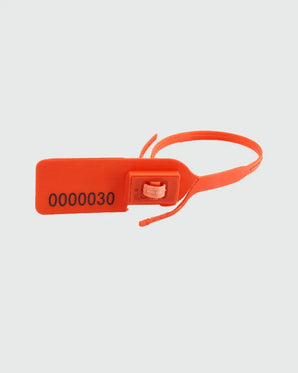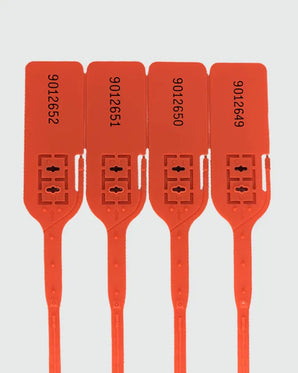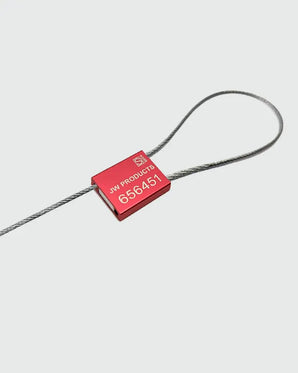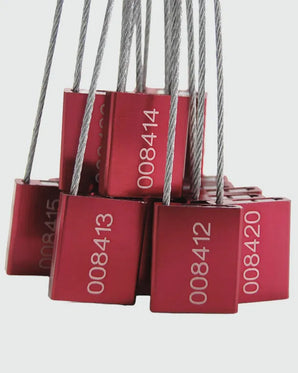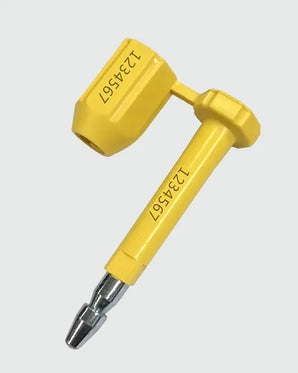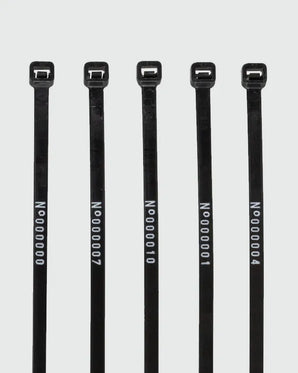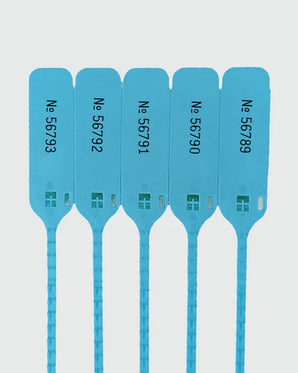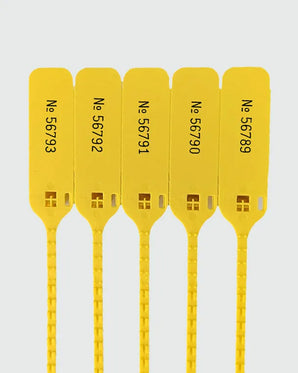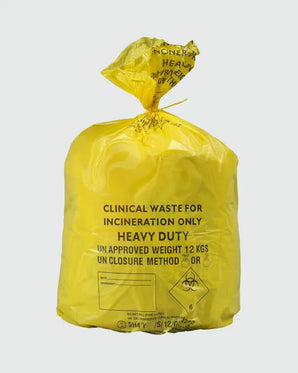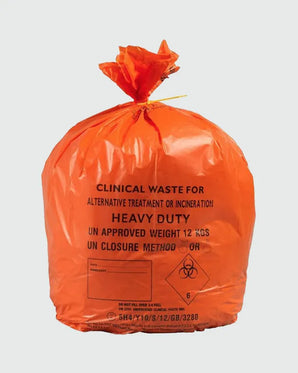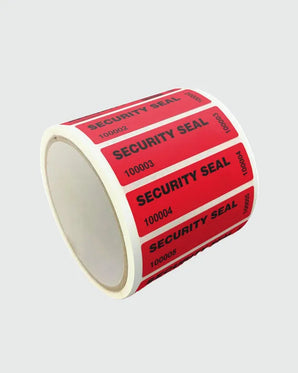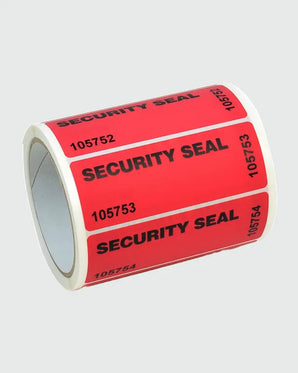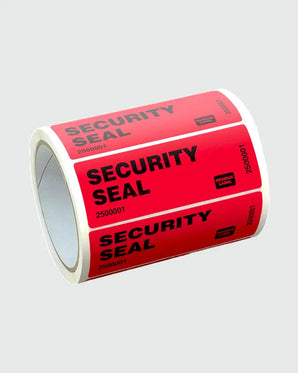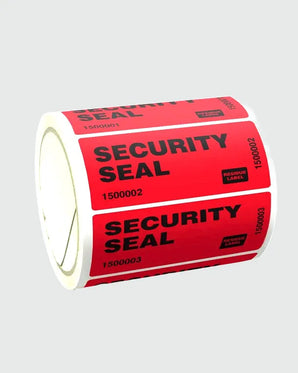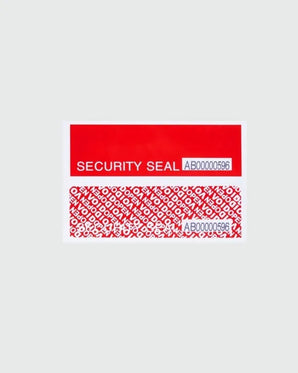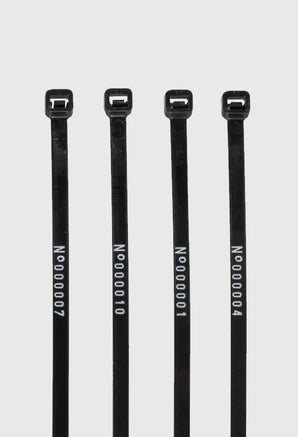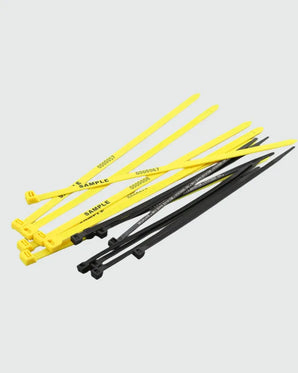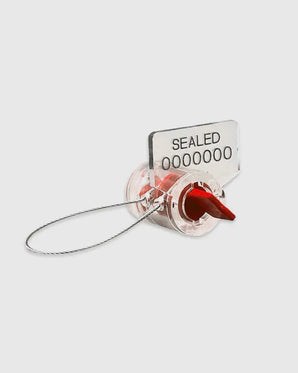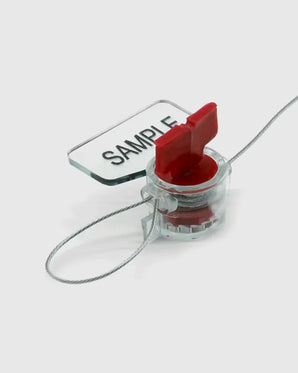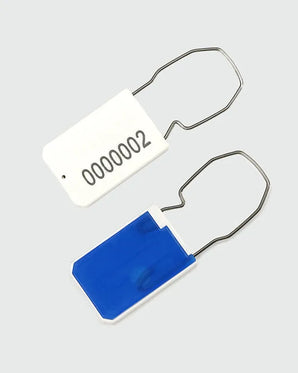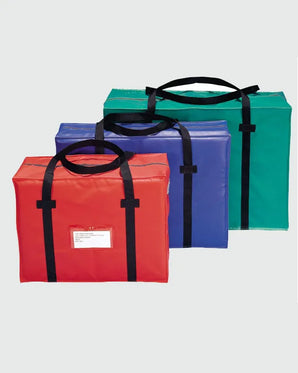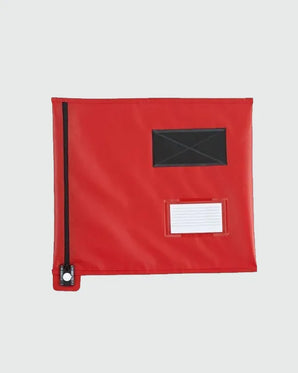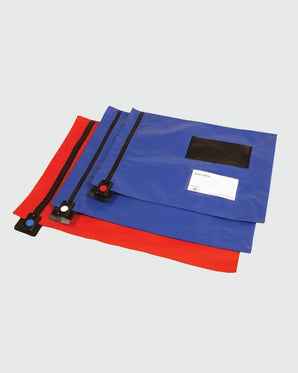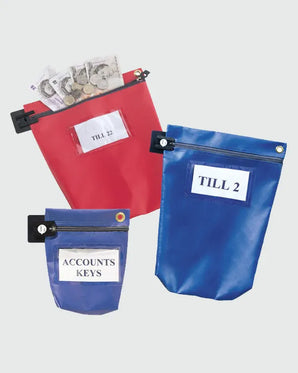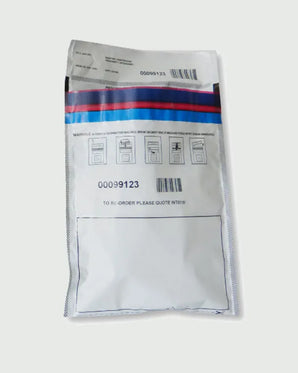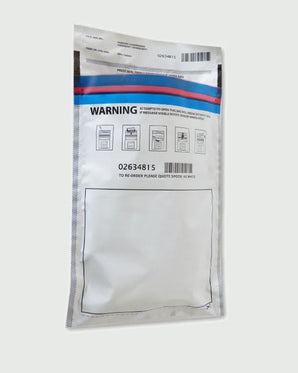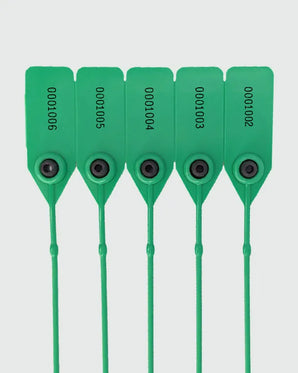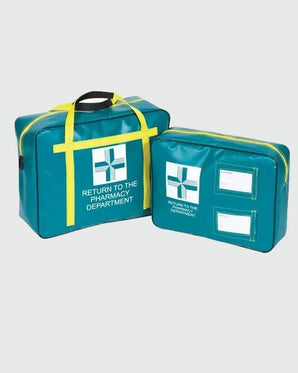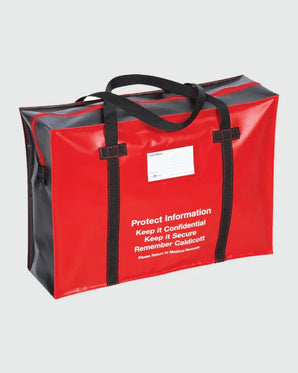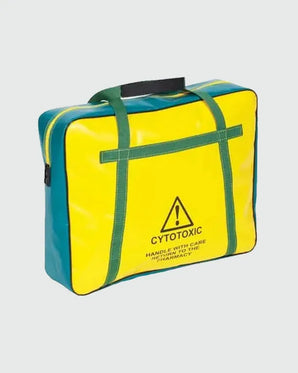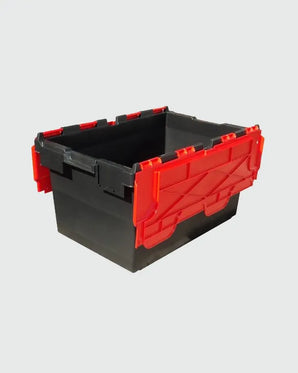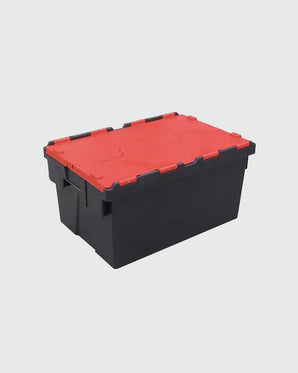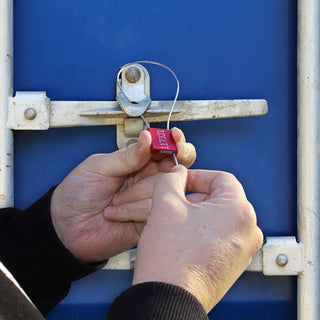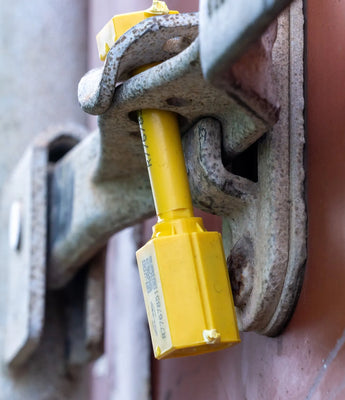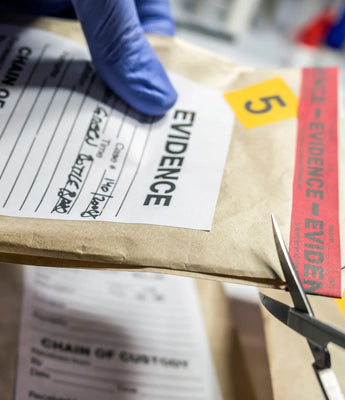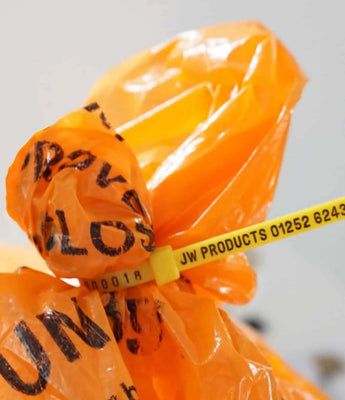In an era where security breaches and tampering pose significant risks across various industries, the role of security seals has emerged as a vital safeguard. From protecting sensitive shipments to ensuring the integrity of high-value goods, security seals play a crucial role in maintaining trust and security in supply chains worldwide. Over the years, the growth of security seals has been propelled by advancements in technology, increased awareness of security risks, and stringent regulatory requirements.
Understanding Security Seals
Security seals are devices used to seal shipping containers, trucks, or packages to deter theft, tampering, or unauthorized access. They come in various forms, including plastic seals, metal seals, cable seals, and bolt seals, each offering different levels of security and tamper-evident features.
Evolution of Security Seals:
Security seals have evolved significantly from their humble beginnings as simple metal or plastic tags affixed to containers and doors. Today, they encompass a wide range of sophisticated designs and technologies tailored to specific security needs. Traditional seals, such as bolt seals and cable seals, remain popular choices for securing cargo containers and trailers. However, advancements in materials science and manufacturing techniques have led to the development of tamper-evident features that make it virtually impossible to breach seals without leaving visible signs of tampering.
Technological Innovations Driving Growth:
One of the primary drivers behind the growth of security seals is the integration of advanced technologies. RFID (Radio-Frequency Identification) and NFC (Near Field Communication) technologies allow for real-time tracking and monitoring of sealed assets, providing valuable data on their location and condition throughout the supply chain. GPS-enabled seals take this a step further by offering precise geolocation data, enabling companies to track shipments with pinpoint accuracy.
Moreover, the advent of blockchain technology has introduced new possibilities for enhancing the security and transparency of supply chains. By recording seal-related transactions on a distributed ledger, blockchain ensures tamper-proof documentation of each seal's journey, making it virtually impossible to alter or falsify records. This level of transparency not only deters tampering but also simplifies compliance with regulatory requirements and enables swift resolution of disputes.
Industry Applications:
The adoption of security seals spans across various industries, each with its unique set of security challenges and requirements. In the logistics and transportation sector, security seals are indispensable for securing cargo containers, trucks, and railcars during transit. Any breach in security could result in theft, contamination, or damage to goods, leading to significant financial losses and reputational damage.
In the pharmaceutical and healthcare industries, where product integrity is paramount, tamper-evident seals play a critical role in ensuring the authenticity and safety of medications and medical devices. By implementing security seals equipped with anti-counterfeiting features, manufacturers can protect their products from adulteration and unauthorized tampering, safeguarding patient health and well-being.
Furthermore, in the food and beverage sector, security seals are utilized to prevent contamination and adulteration of perishable goods. Seals with temperature-monitoring capabilities help maintain the cold chain integrity, ensuring that food products remain fresh and safe for consumption throughout the distribution process.
Maintaining Chain of Custody
One of the primary benefits of security seals for logistics companies is their role in maintaining the chain of custody. By sealing containers or packages at the point of origin, logistics providers can ensure that the contents remain secure throughout the entire transportation process. This not only protects the cargo from theft but also provides assurance to customers that their goods have not been tampered with en route.
Building Customer Trust
In today's competitive business environment, trust is essential for maintaining strong relationships with customers. By implementing robust security measures such as security seals, logistics companies can instill confidence in their customers that their shipments will arrive safely and securely. This not only helps attract and retain customers but also enhances the company's reputation as a reliable and trustworthy partner.
Enhancing Operational Efficiency
Beyond security benefits, security seals can also contribute to operational efficiency within a logistics company. By streamlining the process of sealing and verifying shipments, companies can reduce the risk of errors and delays, improving overall productivity. Additionally, the use of tamper-evident seals can help expedite customs clearance processes by providing assurance to border authorities that shipments have not been tampered with during transit.
Regulatory Compliance and Standards:
In many industries, regulatory compliance is a significant concern for logistics companies. Security seals play a vital role in meeting these compliance requirements, particularly in sectors such as pharmaceuticals, food and beverage, and hazardous materials transportation. By using tamper-evident seals that meet industry standards, logistics firms can demonstrate their commitment to compliance and ensure the integrity of their shipments.
The proliferation of security seals has been further fueled by increasingly stringent regulatory requirements aimed at enhancing supply chain security and safety. Regulatory bodies such as the International Organization for Standardization (ISO) and the Customs-Trade Partnership Against Terrorism (C-TPAT) have established guidelines and standards for the use of security seals in international trade.
Compliance with these standards not only demonstrates a company's commitment to security but also facilitates smoother cross-border trade by minimizing the risk of delays and inspections. Additionally, adherence to regulatory requirements helps mitigate the potential legal and financial consequences of security breaches, including fines, penalties, and loss of business opportunities.


